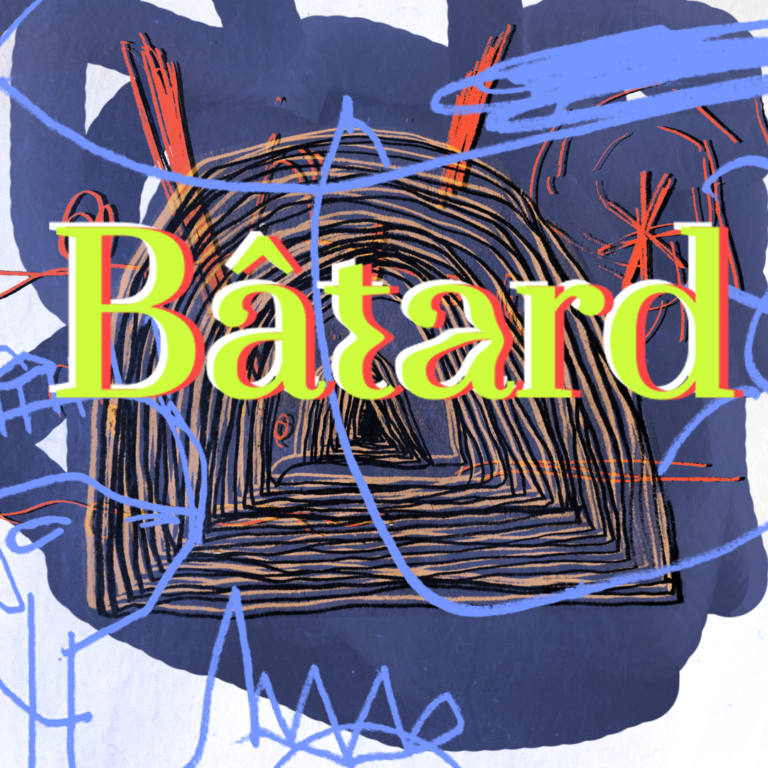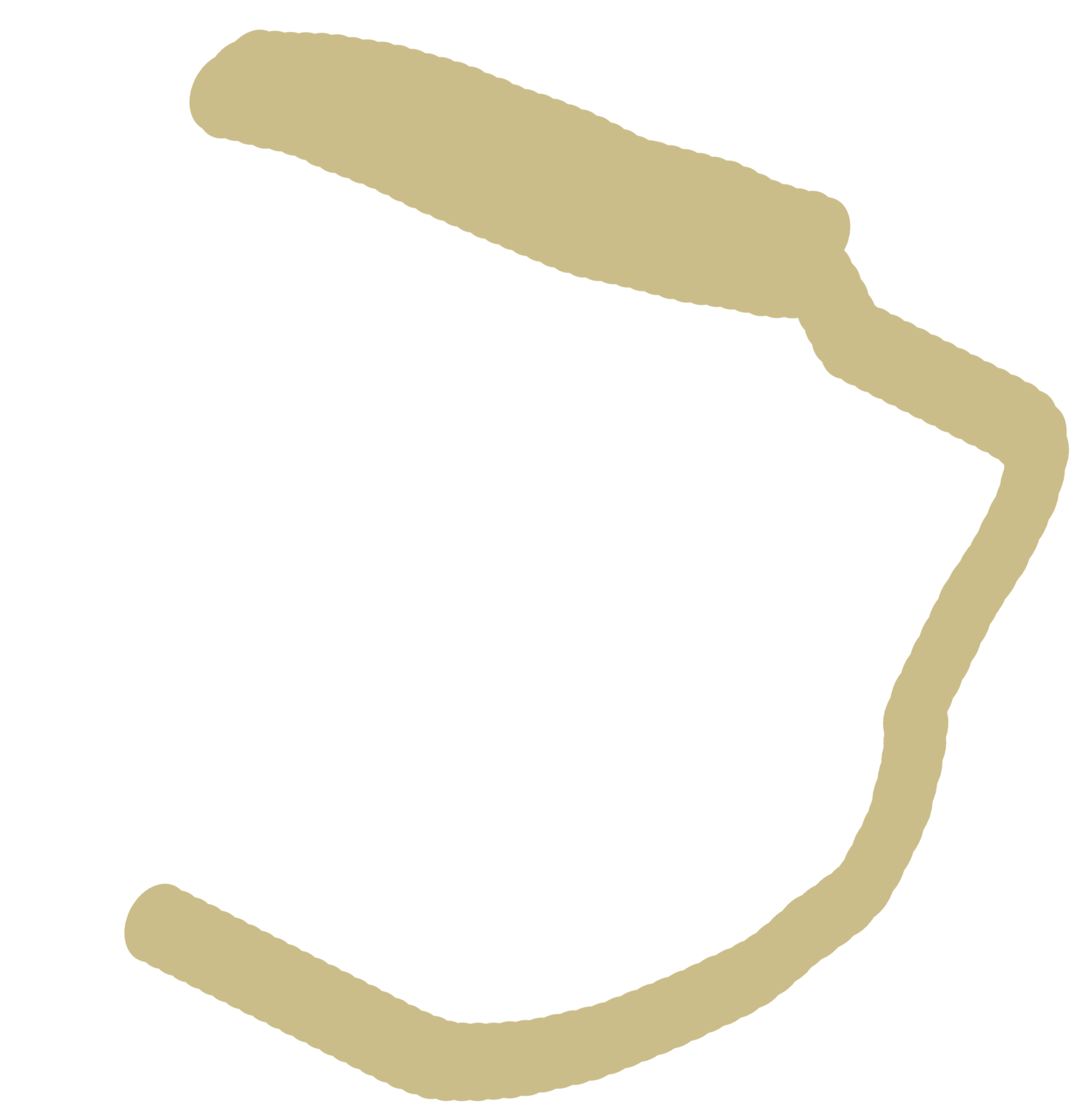
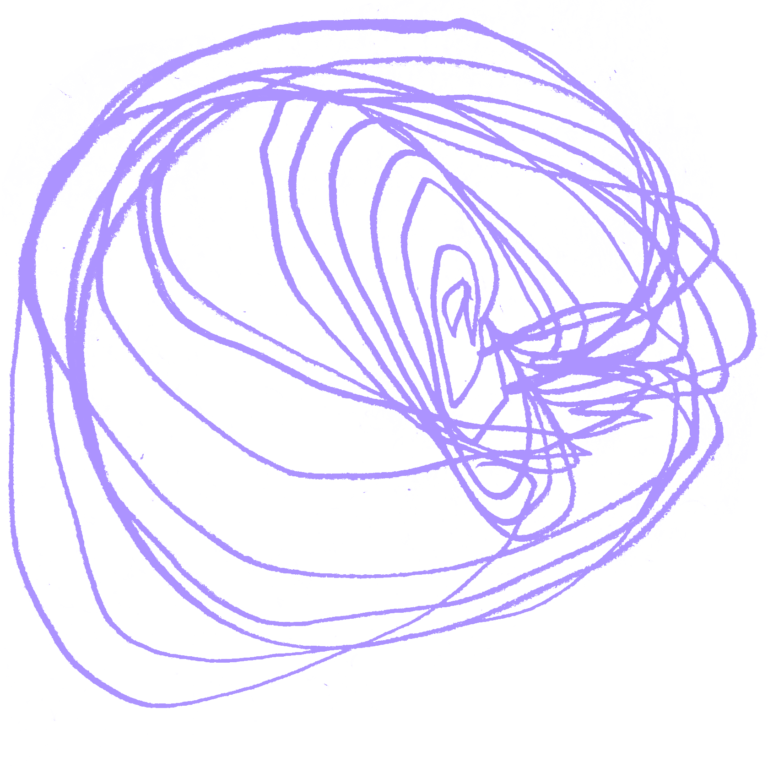
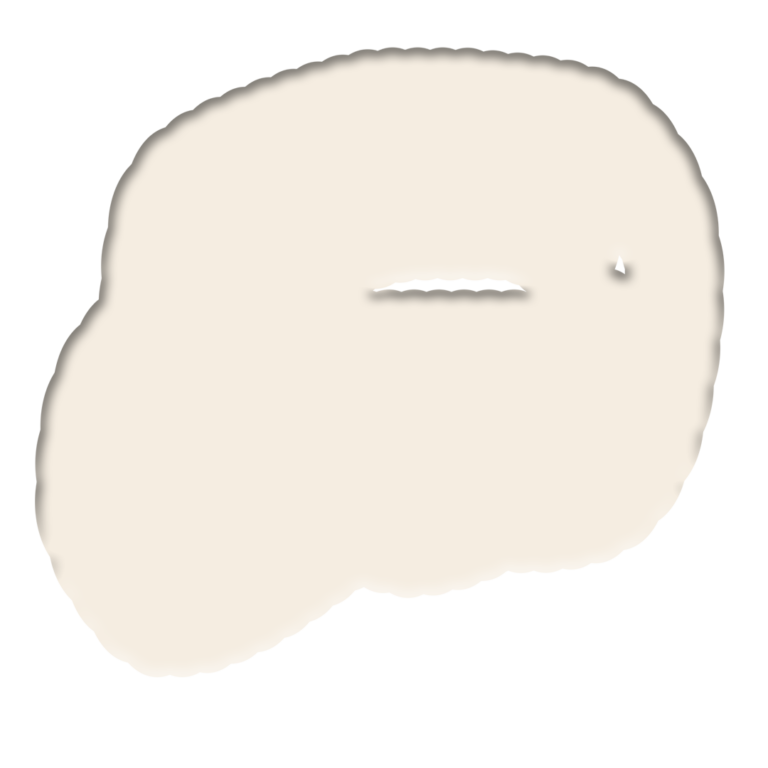


And so you're back part2 BÂTARD 2022
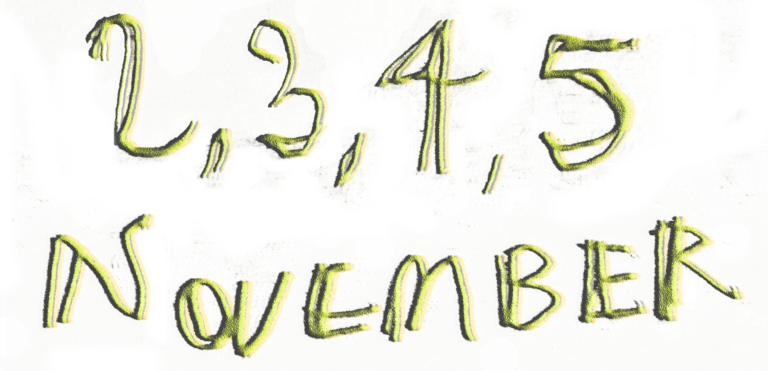
team
 Bouchra Lamsyeh
Bouchra Lamsyeh
is a multidisciplinary artist (DJ and actress). She studied international public law (Université Paris VIII) and geopolitics (Institut Français de Géopolitique). Throughout the years, she collaborated with severals artists on projects with a strong societal impact requisitioning the access to artistic approaches (Manue Nicot, Max Waub, Hana Miletić, Jozef Wouters, Laïla Amezian, Esraa Warda, Laura Nsengiyumva, Aline Yasmin & Alex Cepile, etc.). Since 2019, she is co-directing the artistic programme of Bâtard Festival with Sabine Cmelniski. She is currently working on a seasonal program together with Johanna Couvée programmed at Kaaitheater starting september 2022.
 Sabine Cmelniski
Sabine Cmelniski
has been hanging with body practices since childhood, from Tapdancing to Ballet or Shiatsu. While studying Choreography in Amsterdam (SNDO), she created «Friends with Benefits», a platform exploring the notions of affective labour and friendship in the artistic sectors. Besides, she worked as a dramaturg or performer with artists such as Oneka Von Schrader, Danae Theodoridou, Jija Sohn, Andrea Zavala Folache, Mercedes Dassy and Netti Nüganen.
Beside co-curating Bâtard Festival (Brussels) with Bouchra Lamsyeh, she currently works as a professor assistant in ISAC (Arts and Choreography department) at ARBA-ESA (Brussels).
 Jara Vlaeminckx
Jara Vlaeminckx
studied contemporary dance at P.A.R.T.S. (Brussels) and Art History at the University in Ghent. She performed in Our Times (2016), Ends of Worlds (2019) and Dances of Death (2020) by Michiel Vandevelde. In 2016 she danced with ROSAS for a reenactment of Rain (2016) and Rosas danst Rosas (2017). In addition, she was/is a producer for Bâtard Festival (2016-2019), Precarious Pavilions #4 (2019), TheaterFestival (2019-2022), KASK Drama (2021-2022), company manager of A7LA5 vzw (2019-2021) and financial and administrative coördinator of Bâtard Festival (from 2020 onwards).
 Martín Zícari
Martín Zícari
is an Argentinian writer and cultural worker based in Brussels. He studied Latin American History at the University of Buenos Aires and later obtained a PhD in Literature and Cultural Studies at KU Leuven. His work focuses on queer identity, imagination and fiction, affects, collective action and performance. Among others, he is the author of the short novel Scalabritney (Entropía, 2015) and the prized poetry book Del Principe Azul al Hombre invisible en una semana (EMR, 2018), and a collaborating artist in the collective The Place Where Clouds Are Formed, organising exhibitions in the US and Mexico to reflect upon borders, migration and belonging. He is interested in writing and cultural work as a way of creating and sharing knowledge in an alternative way.
 Charlotte Smit
Charlotte Smit
was born in Brussels where she pursued a Master’s degree in Cultural Management at Université Libre de Bruxelles. She gained a wide range of experience in the cultural sector through multiple working opportunities with a focus on music and events, including Bâtard 2021. An eager music listener still trying to figure out her latent creative talents, she seeks to engage in projects and events which aim at making the world a little brighter in any way they can with the help of arts and human connections. This includes projects by Espirito Mundo, Medeber Teatro and Ladale.
 Andrea Zavala Folache
Andrea Zavala Folache
Andrea Zavala Folache works with choreography and painting as structures for mediating tools in order to investigate emerging relations between the mediums of spectatorship, theatre and dance. Her work has been presented in the form of performances, workshops, artistic advising, and interdisciplinary collaborations.
